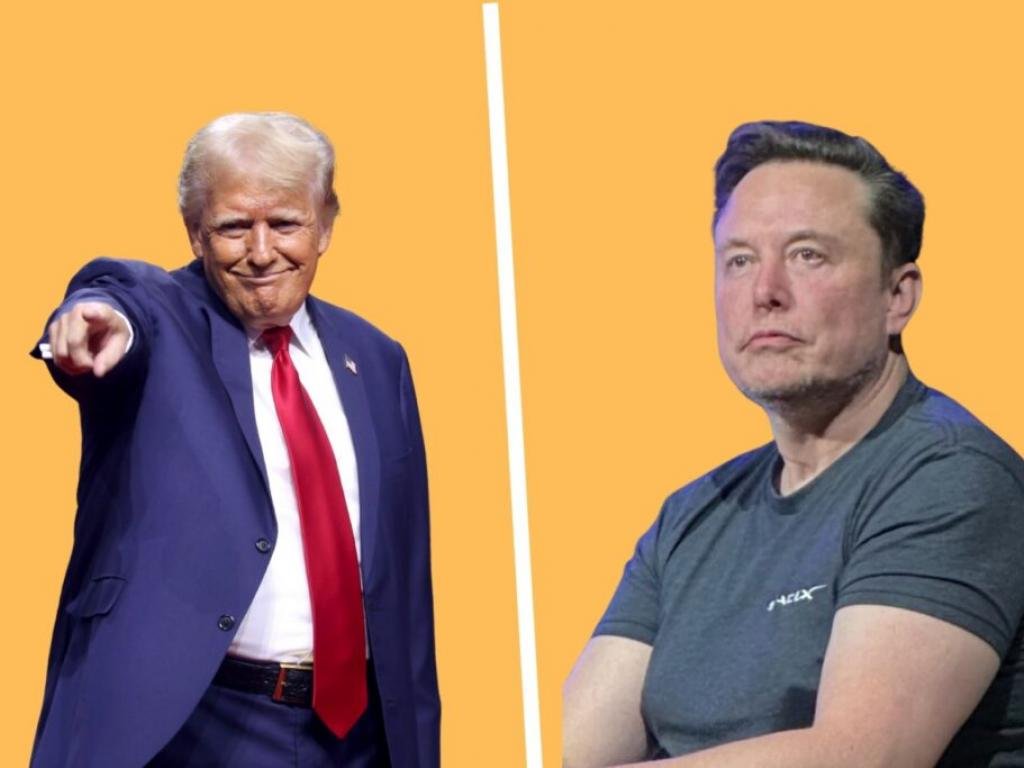Economics Professor Doubts Impact Of Dogecoin-Inspired, Elon Musk-Led Department On Federal Deficit, Cites This As Major Concern

A Washington State University economics professor has cast doubt on the effectiveness of the newly proposed Department of Government Efficiency named after cryptocurrency Dogecoin (CRYPTO: DOGE) in addressing the federal deficit, highlighting data showing most government spending goes to entitlement programs rather than bureaucratic salaries.
What Happened: Christopher Clarke, assistant professor at WSU’s School of Economic Sciences, pointed to long-term federal employment trends showing the proportion of federal workers in the labor force has actually decreased from 4.3% in 1968 to 1.9% today, despite population growth.
“The number of federal government employees has remained roughly the same for over 60 years,” Clarke stated in a detailed analysis posted on X. He emphasized that non-discretionary spending, including Social Security ($1.3 trillion), Medicare ($800 billion), and other safety net programs, comprises the bulk of government expenditures.
The analysis comes in response to President-elect Donald Trump‘s announcement of DOGE, to be led by Tesla CEO Elon Musk and former presidential candidate Vivek Ramaswamy. The department aims to restructure federal agencies and reduce government spending by Jul 4, 2026.
See Also: Boeing To Lay Off Over 2,500 Workers In The US Amid Global Workforce Reduction
Why It Matters: Clarke referenced existing efficiency efforts through the Government Accountability Office (GAO), noting that since 2011, they have identified $660 billion worth of improvements, averaging $47 billion annually – approximately 3% of the current $1.7 trillion deficit.
“While I’m hopeful for improvements, most government spending goes to entitlements, not the salaries of bureaucrats,” Clarke concluded. He suggests only two viable solutions exist: “return taxes to 90’s level or cut spending on the elderly and poor.”
Sen. Ted Cruz (R-Texas) has expressed cautious optimism about the initiative but warned about the challenges of applying private sector efficiency methods to government operations.
Read Next:
Image via Flickr/ Wikimedia Commons
Disclaimer: This content was partially produced with the help of AI tools and was reviewed and published by Benzinga editors.




